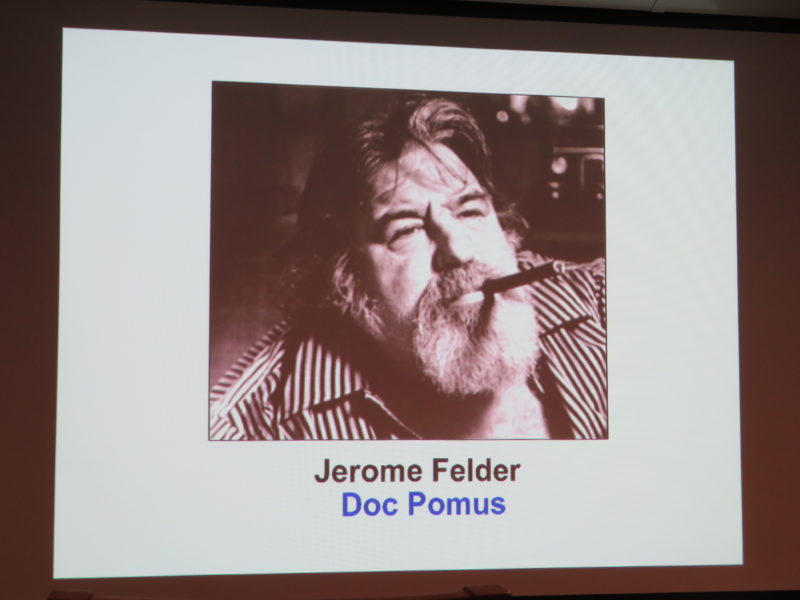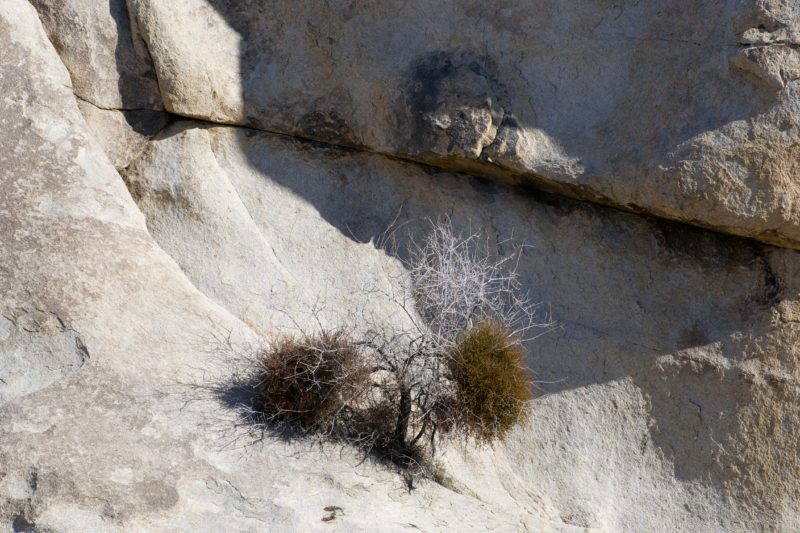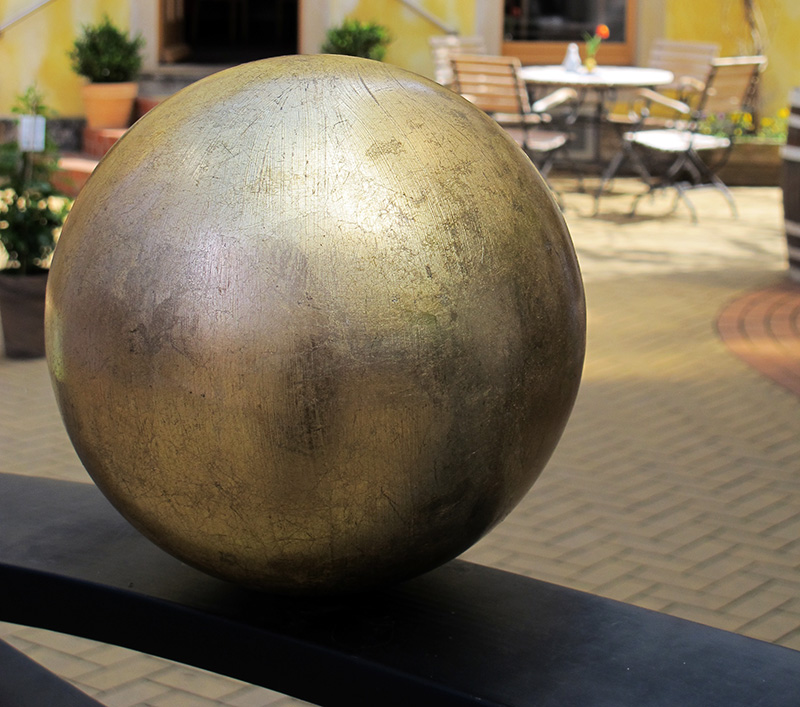
One thing I always thought Americans excelled at was volunteerism. I have never seen the same quality and quantity of people helping other people in the European countries I lived in. When I discuss this with my friends over there I often hear words along the lines of: why enable the State to ditch its responsibility by picking up the slack? Thought through that means in essence that those in need will be shortchanged as long as we are riding on principle (even if we would all agree on what the State’s function should be.)

A recent encounter with a volunteer at a Jewish Retirement facility confirmed my impression yet again – there are some terrific people out there serving their communities. The person in question was a guy who gives monthly lectures on music to a highly educated population in their 80s and 90s. For the life of me I cannot remember his name. But the lecture was so intriguing that I remember the names of those he talked about – in a fashion that brought the history of music in this country to life, engaged the listeners by playing them music of their time, and intermittently introducing lesser known but far more interesting musical figures into the picture.

And thus I learned about Jerome Felder, aka Doc Pomus. Just imagine: a young Jewish kid from NYC in the 1930s gets sent to summer camp, comes home with polio, confined to crutches, later a wheelchair. Escapes the confines of the worried Jewish mother to hang out in Harlem nightclubs where he eventually starts singing the blues. In the 1950s he turns to full time song-writing as a lyricist. You know his songs, even I know his songs, of course without any attribution to him. His music was taken up by Ray Charles, Phil Spector, the Drifters, Willy DeVille, B.B. King, Irma Thomas, Marianne Faithfull, Charlie Rich, Ruth Brown, Dr. John, James Booker, and Johnny Adams.
In the middle of all this, he marries a blond, mid-western, aspiring actress, has children, gets divorced in no time and turns to professional gambling, until the Mafia hits on him. Save the last dance for me is among his most famous work (written for his wife who danced with everyone but him, confined to the wheelchair. https://www.youtube.com/watch?v=n-XQ26KePUQ Lung cancer got him in 1991 – consequences of a smoking life spent in nightclubs. I am recounting the details of this story because it struck me as an amazing testimony to pluck, the willingness to go on and tackle life with full force in times of adversity. To talk about this in front of an audience that is not exactly facing easy times either, given the stage of life and health for many present, is glorious teaching. He lectured, tapping his toes, snapping his fingers, swaying with the music when he played bits and pieces, with an enthusiasm and positivity that was infectious, not artificial and never condescending.
Here is a link to a 2012 documentary trailer about Doc Pomus https://www.youtube.com/watch?v=y7QQoIGzH9E

And speaking about music I have to mention one other, regular encounter: the music sharing platform Spotify allows people to connect to other listeners and partake in their musical choices. I am, on a weekly basis, impatiently waiting for Barry Johnson, a Portland man I have only once met in person, to post his newest listening pleasures. The reason: I am invariably thrilled to hear something new that always resonates, as if my very own, quirky musical tastes were catered to. If anyone would wait for my blog with the same curious anticipation I’d die a happy woman on the spot. While listening to this: https://www.youtube.com/watch?v=-qmjG7i4jfU
Photographs are of volunteers I met over the years – they prove that age is no obstacle to service.



































 But I digress. Cacti it shall be today, in all their comforting beauty. And their bloom in the wild.
But I digress. Cacti it shall be today, in all their comforting beauty. And their bloom in the wild.









 https://www.amazon.de/What-Times-Next-Swan-Slezak/dp/B0007DL03Q/ref=sr_1_1?s=books&ie=UTF8&qid=1487961603&sr=1-1&keywords=what+time%27s+the+next+swan%3F
https://www.amazon.de/What-Times-Next-Swan-Slezak/dp/B0007DL03Q/ref=sr_1_1?s=books&ie=UTF8&qid=1487961603&sr=1-1&keywords=what+time%27s+the+next+swan%3F
























 I have a few people who recommend books to me that invariably hit the spot. Those people are from different backgrounds and of different ages, and I agree with them 90 or so % of the time. I am grateful to them because they alert me to authors that I might otherwise never have encountered.
I have a few people who recommend books to me that invariably hit the spot. Those people are from different backgrounds and of different ages, and I agree with them 90 or so % of the time. I am grateful to them because they alert me to authors that I might otherwise never have encountered.

